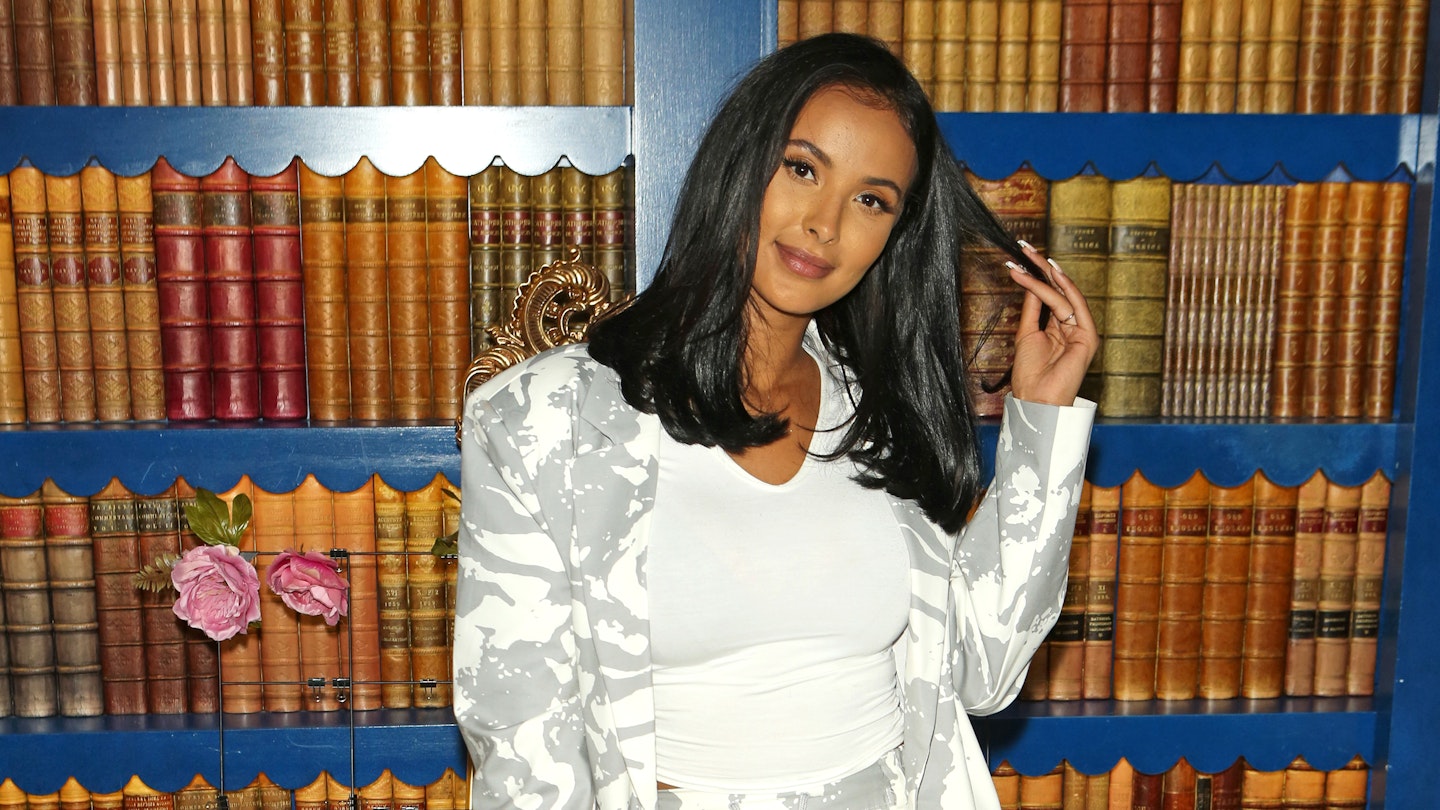With how accomplished she is, it's easy to forget that Maya Jama is only 26. Starting out in the industry a decade ago, through hard work - and a lot of charisma - she's had her own show on Radio 1, and, deep breath, presented on 4Music, MTV, Channel4, ITV and the BBC (this summer, during lockdown, she had a stint presenting on Peter Crouch's Save Our Summer). Really, there's not a lot she hasn't done.
Now, Maya, who started her career in sports presenting, is helping to find new sports presenters, in a scheme with Formula E - the motorsport championship that uses only electric cars - by judging an open call to help find new faces who want to be on TV.
Here, she shares her advice for succeeding in the industry it seems like everybody wants to cut their teeth in - and what she thinks TV needs to do to improve diversity.
What's been the most difficult part of your rise as a presenter?
I think probably the most difficult part is the beginning stage where you know what you want to do, and you've got all these dreams and passions, but everybody wants somebody with experience. So when you're trying to get a job or you're trying to get your face out there as a presenter, especially, [at the beginning] I think it's just like a graft and a chances thing.
And that's why I think schemes like this are so important because it's giving opportunities to people that might not have them - and also giving young presenters a chance to get themselves out there. When I was younger, I used to see T4 - and platforms like that - and that felt like the path you [went] through to get into proper presenter world. Now there's not so much of that.
Who have been the hidden heroes who have supported you throughout your career? And who can you still turn to now?
There's loads. It could even just be, like, the person that was at reception when I first started at JumpOff that would be like, 'Oh, how are you doing? You've got this!' But my first kind of mentor was man called Ara, the coach, and he ran JumpOff and he would be like, 'Okay, well, we can't give you a job straight away, but you can help make tea. And we'll teach you how to use the cameras.' And you've just kind of got to run with it and do your own thing. So I think it's just having those people that believe in your spark and give you the chance to grow your talent, I suppose.
What needs to be done to ensure diversity in presenting?
I think it's quite standard. It's just, like, looking at everybody as equals, and just broadening where you're searching for talent and not discriminating people based on anything to do with race, age, gender, etc. And, yeah, give kids equal opportunities. Make sure that your workplace reflects what's going on in the world and doesn't just look like one person or one type of human from this background or this place.
Why is now such an important time to find new presenters?
I think there's always an important time to find new presenters because we are used to seeing the same faces on TV. We all grew up with our favourites and those are like the OGs, I call them, so you've got the Emmas and the Holly Willoughbys, and everyone like that, who I see as icons.
But, you know, there's not so many young presenters from different backgrounds, as I've said before, and I think now more than ever, everybody wants to look on TV or online and see people that reflect themselves so that they can spark new dreams, because that's where it starts. I think the first time I ever wanted to be a presenter was when I could see somebody that looked a bit like me. Or Davina, I thought she was a bit silly like me and had a bit of a background as well.
It's representation, and everyone needs it.
What advice do you have for young people with dreams of making it in presenting?
My advice would be: don't be disheartened by the nos. You get a million at the beginning. Treat every 'no, you're not gonna get this job' as a lesson on what you can do the next time.
Persistence. And be nice as well. You never know who you're meeting. There's so many people I met right at the beginning. who would be runners, or working in different jobs, that are now directors and higher up - and they always remember [you]. So be nice. Don't be mean and work hard.
It's standard. Work hard. Be nice and be persistent.
If you're 18-24, and want to get involved, find out more at www.FIAFormulaE.com/TalentCall****.
READ MORE: Exclusive: Maya Jama Talks Imposter Syndrome - And Why She Deletes WhatsApp
READ MORE: Maya Jama On Navigating The Politics Of Female Fashion
